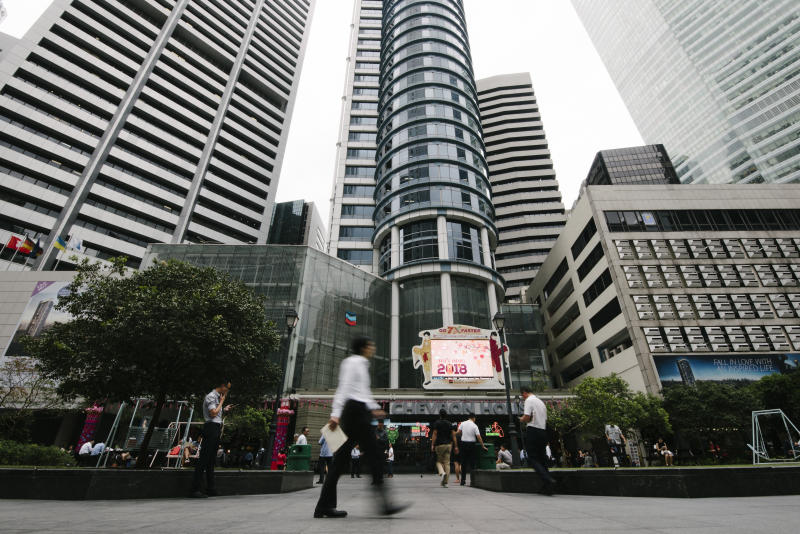Prepare workers for new roles even before they are retrenched: Josephine Teo's goal
Sign up now: Get ST's newsletters delivered to your inbox

The Ministry of Manpower will work more closely with economic agencies and companies to retrain workers for new roles being created in their companies before they are retrenched.
PHOTO: ST FILE
SINGAPORE - In an ideal world envisaged by Mrs Josephine Teo, workers will be well poised to take on new roles in the same company, even as their old ones are being phased out.
To strive to get there, the Ministry of Manpower (MOM) will work more closely with economic agencies and companies to retrain workers for new roles being created in their companies before they are retrenched.
In her first media interview since being appointed Manpower Minister on May 1, Mrs Teo said on Thursday that she has asked for more Professional Conversion Programmes (PCP) to be geared towards such redeployment.
Currently, the government-funded PCP scheme, which helps workers get the necessary skills training for various growth industries, caters more to jobseekers who are already out of work.
It is administered by Workforce Singapore (WSG).
Last year, 3,800 professionals, managers, executives and technicians (PMETs) moved into new occupations or sectors through the PCPs.
Shifting the focus of PCPs to redeployment "would work better not just from the individual standpoint, but also help the companies meet emerging manpower needs", said Mrs Teo.
She noted that companies will save time on having to hire new people, if they can retrain their existing staff to switch roles.
The MOM will work more closely with economic agencies like the Monetary Authority of Singapore and Economic Development Board to talk to companies and find out their transformation plans, to identify these jobs.
The move is in line with her top priority - to ensure Singaporeans who want to work have a job.
While the labour market has improved compared to last year, said Mrs Teo, jobs and skills mismatches are bound to become more common, with restructuring picking up pace.
Last year, 25,000 jobseekers were helped under WSG's Adapt and Grow initiative, which includes the PCPs. This is 20 per cent more than in the year before (2016).
Of this number, 60 per cent needed only career matching services. The remaining 40 per cent involved "mismatches", which required further intervention such as training to close a skills gap.
One industry in which such mismatches will happen is the built environment sector, said Mrs Teo. Companies might be shedding workers in some areas, but also need to hire more roles such as in building information modelling.
The MOM has identified it as the sixth industry that holds the promise of growth, in which it will focus its efforts on retraininig workers and matching people to jobs, she added. Minister of State for Manpower Zaqy Mohamad will oversee efforts in this area.
The other five industries, chosen in 2017, are healthcare, infocomm and media, wholesale trade, professional services, and financial services.
During the interview on her priorities, Mrs Teo also spoke about Singapore's foreign manpower policy.
Acknowledging that businesses have consistently asked for a relaxation of the policies so they can hire more foreigners, she said this was not tenable in the long run, even if it would solve the manpower crunch for now.
"The problem is that doing so today creates a bigger problem for the future. In the coming decade, resident workforce growth will slow, and businesses will face an even tighter labour market," she said.
But while the Government will continue to moderate growth in this area, it would continue to help businesses, particularly small and medium enterprises.
For instance, companies will get support to improve productivity, and some will also be given selective flexibility to hire skilled foreign workers who can transfer their skills to Singaporean workers.


